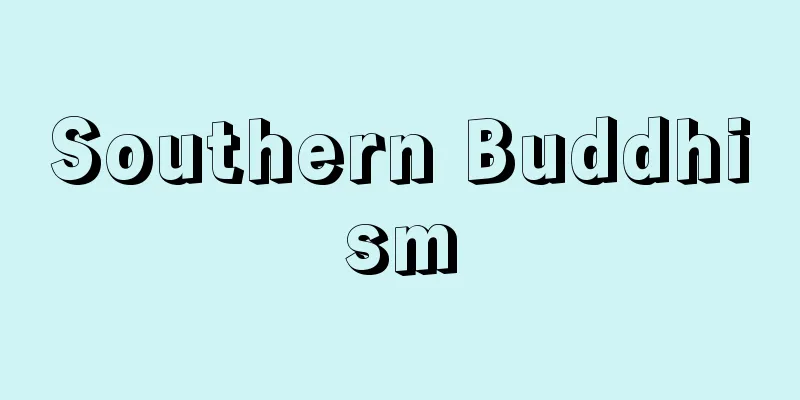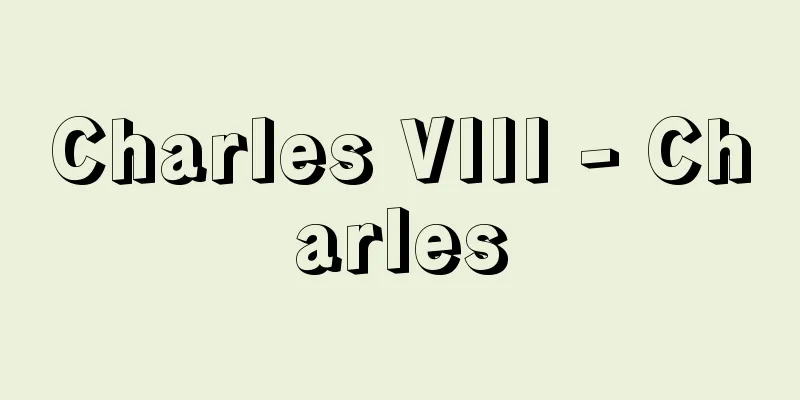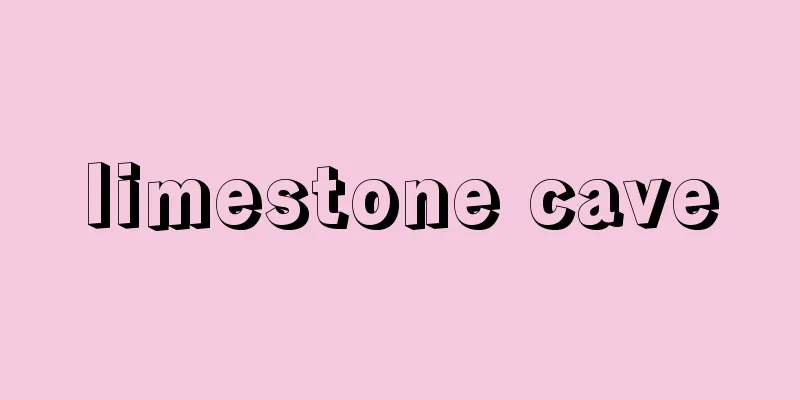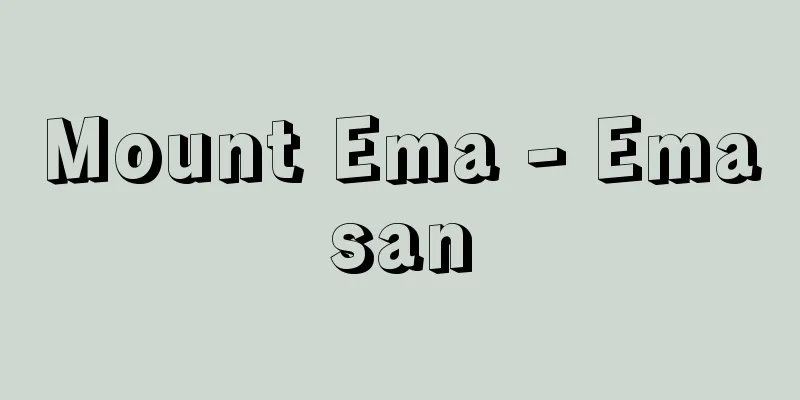Folk law
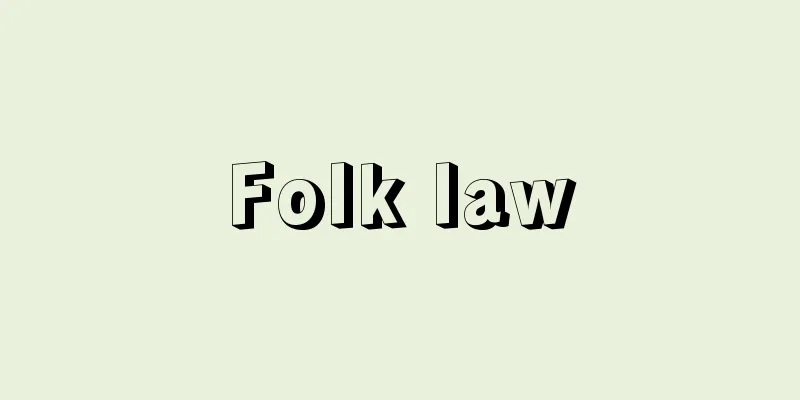
|
...Also, when Western scholars look at the laws of non-Western societies, what they call indigenous law, primitive law, pre-written law, local law, tribal law, legal customs, legal practices, etc., also belong to customary law. More recently, there has been a trend to re-recognize customary law, which functions effectively alongside state law in almost all human societies, both Western and non-Western, under names such as indigenous law, informal law, and folk law. [Masashi Chiba] From [Legal Anthropology]…Traditionally, the law of so-called primitive societies has been the subject of study, but recently there has been a trend to broaden the scope to include Western societies, and to study legal consciousness, attitudes, values, and beliefs in a broader sense as legal culture. Similarly, there is a trend to study customary law, indigenous law, unofficial law, and other laws other than national law as folk law, and there is also a movement to study the assimilation and tension between national law and these folk laws as a pluralistic legal system. In the early 20th century, legal sociology discovered that Western societies also had a living law that actually functioned in addition to statutory law, and anthropologists subsequently began to investigate and study the indigenous laws of primitive societies. Since then, jurisprudence that modeled law on the state law perfected in modern Western Europe has been relativized, and its cultural peculiarities have been recognized. … From [Uncivilized Law]…There is no basis for the argument that “primitive law” is essentially different from Western customary law. As a result of this reflection, since the 1960s, the terms “tribal law,” “native law,” or “folk law” have become commonplace instead of “primitive law.” The law of tribal societies is distinctive in terms of its form and application, and certainly differs from the statutory law of Western countries. … *Some explanations of terms that mention "folk law" are listed below. Source | Heibonsha World Encyclopedia 2nd Edition | Information |
|
…また西欧の学者が非西欧社会の法を見たとき,土着法,未開法,文字以前法,現地法,部族法,法習俗,法慣行などとよんだものも慣習法に属する。ごく最近では,西欧非西欧を問わずおよそ人間社会で国家法とならんで実効的に機能している慣習法を,固有法,非公式法,フォーク・ローfolk lawなどの名で再認識しようとする傾向が出ている。【千葉 正士】 【法人類学】より…従来はいわゆる未開社会の法を対象としてきたが,最近は対象を西欧社会にも広げ,法に関する意識,態度,価値観,信念などを広く法文化legal cultureとして研究する動向がみられる。同様に,国家法以外の慣習法,固有法,非公式法unofficial lawなどをフォーク・ローfolk lawとして一括,研究しようとする動向,さらに国家法とこれらフォーク・ローとの同化,緊張の関係を多元的法体制として研究する動きもあらわれている。20世紀初頭に法社会学が,西欧社会にも制定法のほかに実際に機能している〈生ける法〉のあることを発見し,またそれに続いて人類学者が未開社会の固有法などを調査,研究し始めてから,近代西欧が完成した国家法を法のモデルとする法学は相対化されて,その文化的特殊性が認識されるようになった。… 【未開法】より…〈未開法〉が西欧慣習法と本質的に異なるという論拠はない。このような反省から,1960年代以降は〈未開法〉の代りに〈部族法tribal law〉とか〈現地住民の法native law〉,あるいは〈民俗法folk law〉という呼び方が一般化してきた。 部族社会tribal societyの法は,形式と運用の面で特色があり,西欧諸国の制定法とたしかに差異がある。… ※「folk law」について言及している用語解説の一部を掲載しています。 出典|株式会社平凡社世界大百科事典 第2版について | 情報 |
<<: Folklore Fellows Communication (English)
>>: Folk etymology (English spelling)
Recommend
Ishiiji Temple
… [Japan] The Nihon Shoki, in the 13th year of th...
Political propaganda
The use of media and political messages to influen...
ārcika (English spelling) arcika
…It is said that the Vedas were once divided into...
Konsei Pass
This pass is located on the border between Nikko ...
Wojciech Męcinski
1598‐1643 Polish Jesuit priest. Martyred in Nagasa...
Palingenesia
…First, the text was criticized as the foundation...
Counterweight - Counterweight
...The first modern elevator in Japan was install...
Church Union - Kyokaigoudou
It is a translation of the English term ecumenism ...
euphol
…Because the stamens have joints, some consider e...
Queensberry Terms and Conditions
...A sport in which opponents wearing gloves on b...
Wen Ting shì (English: Wen Ting shì)
1856‐1904 A Chinese scholar and progressive offici...
Keiko - Keiko
A Chinese writer from the Three Kingdoms Wei Dyna...
Gamara, A.
...Even after the failure of S. Bolivar's att...
Karasuzansho - Karasuzansho
A deciduous tall tree of the Rutaceae family (APG...
edaphology
...A branch of natural science that studies soil....
